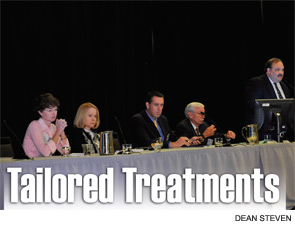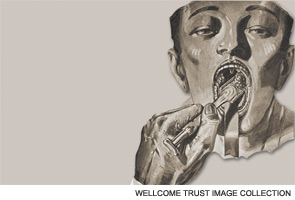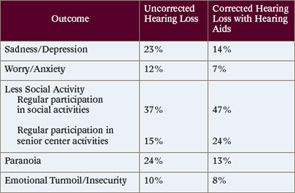Otolaryngologists treating vocal fold paralysis have many options from which to choose, but the best choice depends on the wants and needs of the patient, a panel of experts said here at the Triological Society’s Combined Sections Meeting on Jan. 28.






